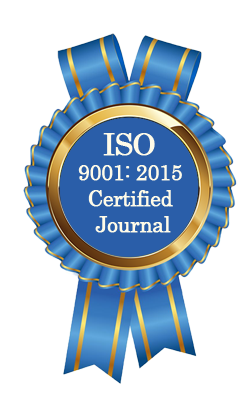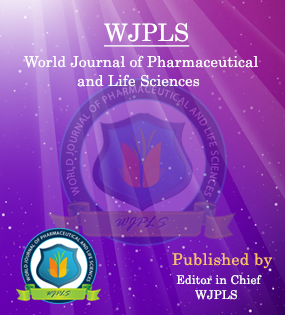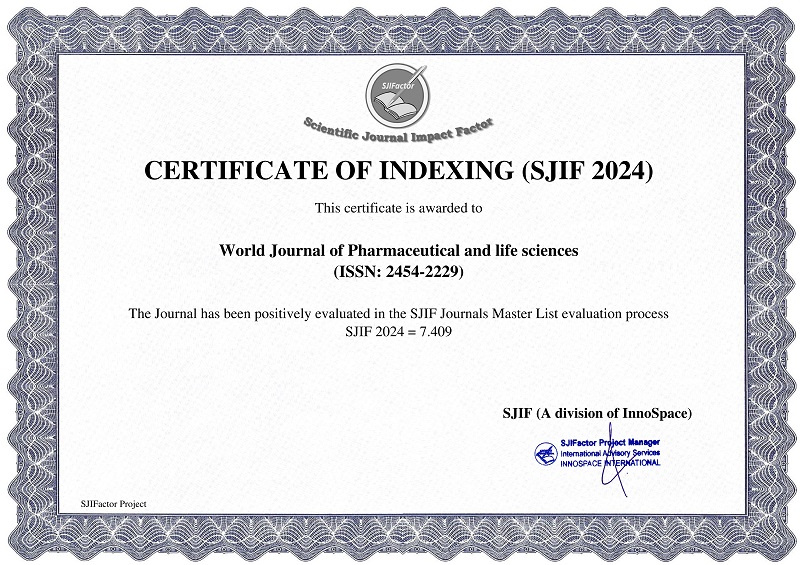Abstract
THE EFFECT "TRANS FATTY ACID LEVEL AND SOME QUALITIES OF SELECTED HYDROGENATED FOOD PRODUCTS IN THE MARKETS OF MEKELLE
Teklit Gebregiorgis Amabye*
ABSTRACT
Mass production of foods and extremely large variety of food products make the quantification of their nutrient composition a difficult task. Regulations on mandatory product labeling vary from country to country, but rarely include details of fatty acid composition. Ethiopia imports several tons of food items composed of entirely fatty acids and considerable amount of fat. However, there is no regulatory basis for control of fatty acid composition. Therefore, the present study has been initiated to evaluate the hydrogenation process and determine the TFA level and some physicochemical characteristics of hydrogenated food products in the markets of Mekelle. Samples in triplicate from each of the selected commercial margarines (M1, M2, M3), vegetable ghee (G1, G2, G3) and shortenings (S1, S2, S3) were analyzed for their physicochemical characteristics and fatty acid composition. Physicochemical characteristics were determined following standard methods. The total composition of fatty acids of the isolated fat was determined by gas chromatography (GC). Characterization of the fatty acids was done using commercial standard reference material of fatty acid methyl esters (FAME).. The data obtained from the laboratory analysis were subjected to ANOVA using SPSS software. TFA level of 3% was used as a reference mean (control). All the TFA means were then compared and significance was set at 5% level. The results showed that all the samples contained a considerable amount of TFA ranging from 18.9 to 52.6%, and significant mean differences were observed at p< 0.05. The physicochemical characteristics and other fatty acid values were found to be within the recommended range. Investigation of the hydrogenation process at AMEOC revealed that the high TFA is partly related to the hydrogenation method currently employed in the complex. The present study clearly indicated that the hydrogenated food products in Mekelle markets contain higher TFA levels compared to the same products studied in Europe and America. In this situation, continuous consumption of both local and imported hydrogenated food products may expose to greater risk of cardiovascular diseases. Reducing Trans fatty acids through process optimization and introduction of enzymatic inter esterification isunquestionablyessential.
[Full Text Article] [Download Certificate]WJPLS CITATION 
| All | Since 2020 | |
| Citation | 590 | 424 |
| h-index | 12 | 10 |
| i10-index | 17 | 14 |
INDEXING
NEWS & UPDATION
BEST ARTICLE AWARDS
World Journal of Pharmaceutical and life sciences is giving Best Article Award in every Issue for Best Article and Issue Certificate of Appreciation to the Authors to promote research activity of scholar.
Best Article of current issue
Download Article : Click here





